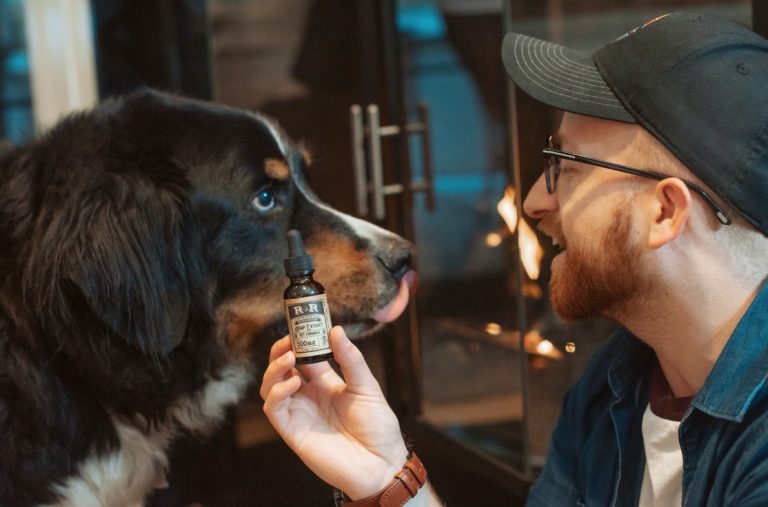As the European CBD & cannabis industry evolves, cannabis companies such as World High Life PLC (NEX: LIFE) is looking to expand into the growing European market
Cannabidiol (CBD) and cannabidiol acid (CBDA) are both known and available chemical compounds that are native to the cannabis and hemp plant.
CBD, the major non-psychoactive cannabinoid in cannabis, has been well-researched for its suspected therapeutic potential and is currently considered epilepsy, inflammation, anxiety disorders and a number of other common physical and neuropsychiatric disorders.
In comparison: CBDA has attracted much less attention from the public, the scientific community and the media, despite the fact that it was the precursor to CBD formation and proved promising in early preclinical research. But now a trend of making pure cannabis juice and the advertising of CBD and CBDA cannabis oil combinations has put CBDA back in the spotlight, making many wonder what exactly the difference is between the two similarly named compounds.
CBDA benefits and medical use
Despite the proven therapeutic potential, CBDA is not normally considered a viable clinical treatment. Of course it is a fairly unstable compound – as seen from the gradual decarboxylation at room temperature – and therefore it was not considered a viable option for clinical treatment.
But new research by Dr. Raphael Mechoulam – the cannabis scientist who first synthesized THC and CBD – may have removed that barrier. Dr. Mechoulam, who spoke at the CannMed 2019 conference in California last month, announced that his research team had found a way to transform the unstable CBDA in a more stable compound that retains the therapeutic potential of CBDA.
“We have taken and synthesized the unstable acid molecules from the cannabis plant to provide a stable, consistent basis for research into new therapies for a wide range of medical needs – from central nervous system disorders to inflammation and more,” said Mechoulam in a statement.
Mechoulam and his research team worked to stabilize the CBDA by converting it into a methyl ester derivative known as cannabidiolic acid methyl ester, or HU-580. By testing the new compound in an animal model for depression, the researchers confirmed that the compound still retains its ability to reduce anxious behavior, while being chemically stable enough to survive as a clinical drug.
“In addition, we have provided different delivery mechanisms, including tablets, current applications and others to enable different approaches,” said Mechoulam. “Our work is a catalyst for the development of potential new therapies from a source that was long believed to have enormous potential.”
The discovery was made by an international collaboration of scientists from different universities in Israel, Canada and the United States, a current cream manufacturer, a testing laboratory and the starting company EPM.
The latter has now been intellectual property portfolio opened up for healthcare for licensing partnerships, hoping to attract more investment. The company hopes that the connection will begin within the next six to twelve months with Phase 1 from FDA clinical trials.
The future of the CBD sector
Whether or not CBDA revolutionized the sector one thing is certain, CBD will continue to be a key component of the cannabis market, particularly in Europe where few nations have legalized cannabis for recreational use. One early mover in this sector is World High Life PLC (NEX: LIFE). The company takes advantage of the rapidly changing regulatory environment that surrounds legal Medicinal Cannabis as well as investment opportunities within the Hemp and CBD wellness sectors.
World High Life PLC focuses on the identification and acquisition of the promising UK and European cannabis firms that would create a diversified portfolio leaving no sector of the industry unaddressed. World High Life PLC builds upon the experience of two hugely successful Canadian pot stocks – Supreme Cannabis (TSX: FIRE) and 1933 Industries (CSE: TGIF).
Companies like WHL will help to drive the growing CBD and now potentially, CBDA sector in Europe and the rest of the world.

0 Comments